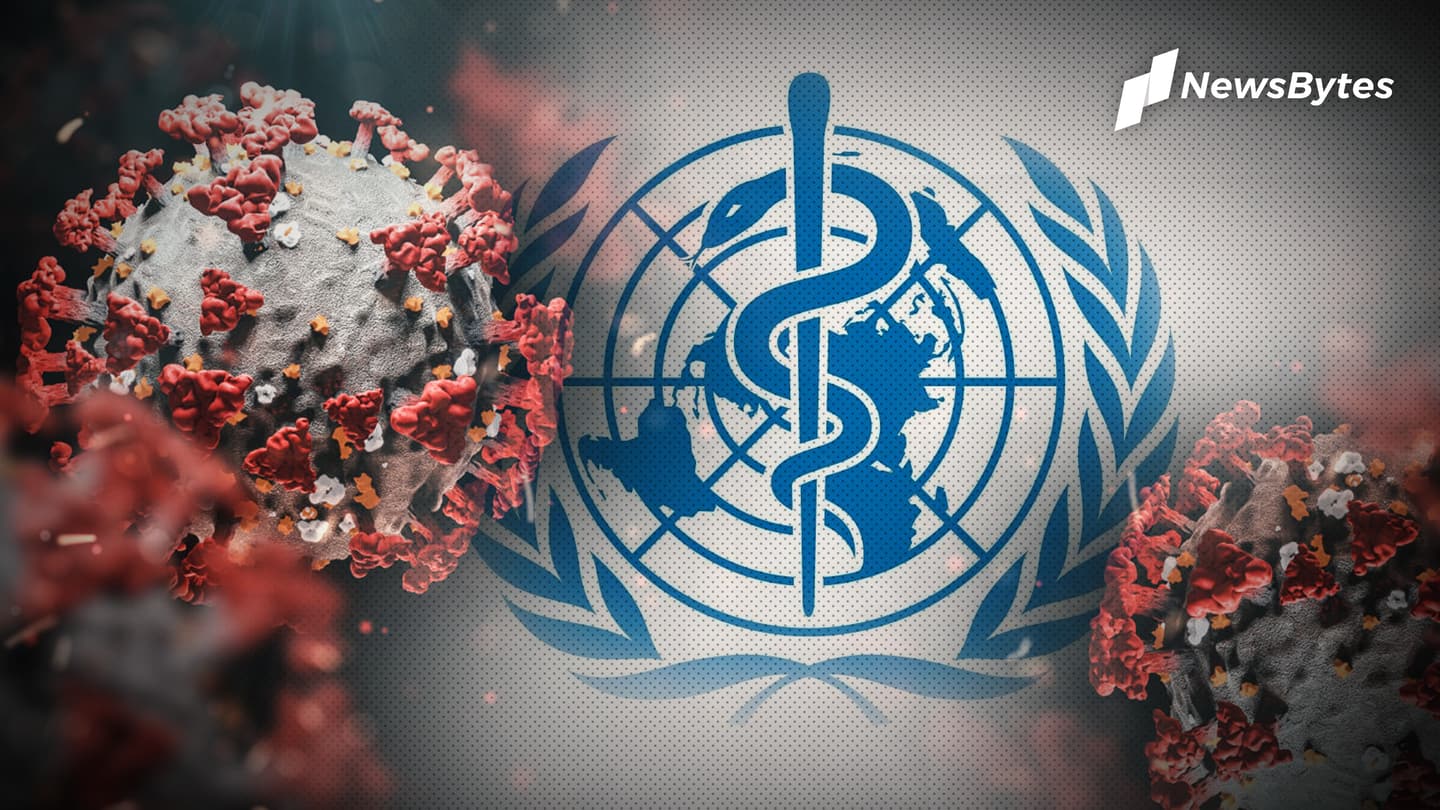
Not out of control: WHO on new coronavirus strain
What's the story
The World Health Organization (WHO) on Monday said that the new coronavirus strain found in the United Kingdom is not yet out of control and that the existing measures are enough to fight against it.
Over concerns that the new variant spreads more rapidly, several countries, including India, France, Ireland, and the Netherlands, have levied curbs on travelers from Britain.
Here's more.
Context
In brief: What is known about the new variant?
The new variant of SARS-CoV-2, dubbed VUI-202012/01, is reportedly 70% more transmissible. Notably, it is the new variant's spike protein that has troubled scientists since it enhances the virus' ability to interact with a receptor called ACE-2.
It is important to understand that virus mutations aren't uncommon and so far, there isn't enough evidence to suggest vaccines won't work on this new variant.
Statement
We have got in under control: WHO official
Just as the new variant rang an alarm, WHO attempted to address the concerns.
"We have had a much higher (contamination rate) at different points in this pandemic and we've got it under control," WHO's Emergencies Chief Michael Ryan said.
Claiming that the measures in place are correct, Ryan advised against carelessness. "It cannot be left to its own devices," he added.
Quote
What we have been doing should be followed religiously: WHO
"We need to do what we have been doing, we may just have to do it with a little more intensity and for a little longer to make sure we can bring this virus under control," Ryan said at a press conference.
What she said
Chief Scientist predicted mutant virus is present in many nations
Separately, WHO Chief Scientist Dr. Soumya Swaminathan asserted that a mutant strain could already be existing in other countries.
"The UK is one of those countries that is doing a lot of whole genome sequencing and is, therefore, able to track this very closely in real-time. I suspect that as more countries look at their data, they might find this variant or a related variant might already be there," she claimed.
Ways
In India, microbiologists trying new ways to identify mutation
Unsurprisingly, experts in India are also worried about the existence of a mutant strain here and are deploying tactics to identify it.
In Mumbai's Molecular Diagnostics Laboratory at Kasturba Hospital, microbiologists will look through positive samples, collected since September, to find those who lack the "S" gene.
The isolated samples will then get sequenced, said Dr. Jayanti Shastri, who heads the lab.
Claims
Indian experts believe mutation won't derail vaccination program
Meanwhile, experts in India are confident that the vaccine strategy will not be affected by this new strain.
Dr. Raman Gangakhedkar, former head-scientist at Indian Council of Medical Research (ICMR), said this particular strain doesn't spark severe complications. "This virus has a very low rate of mutation."
On Sunday, Health Minister Dr. Harsh Vardhan said India may start vaccinating its citizens from next month.